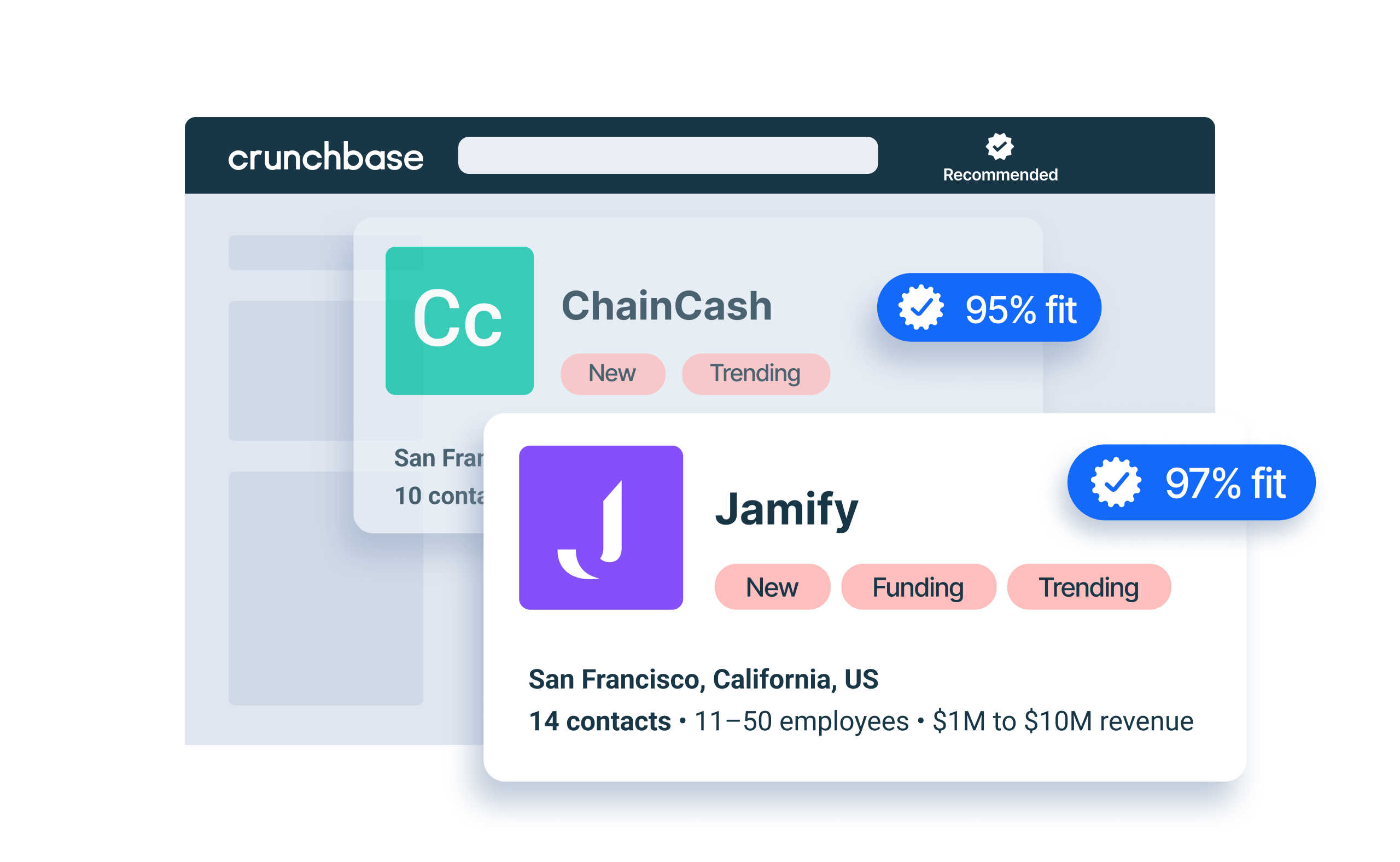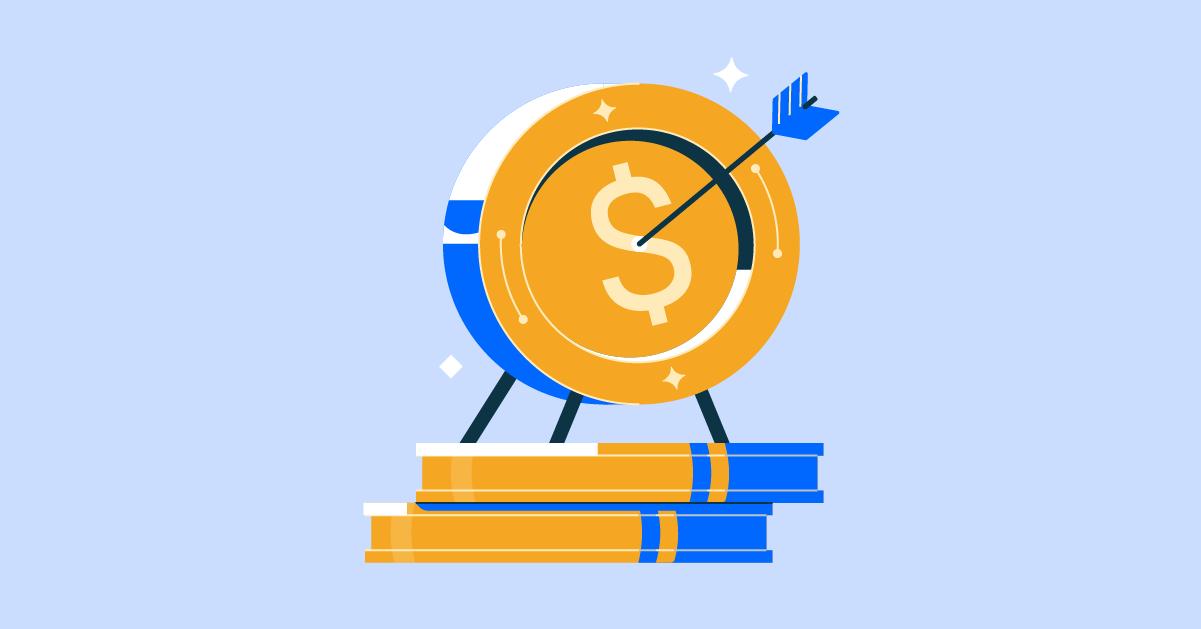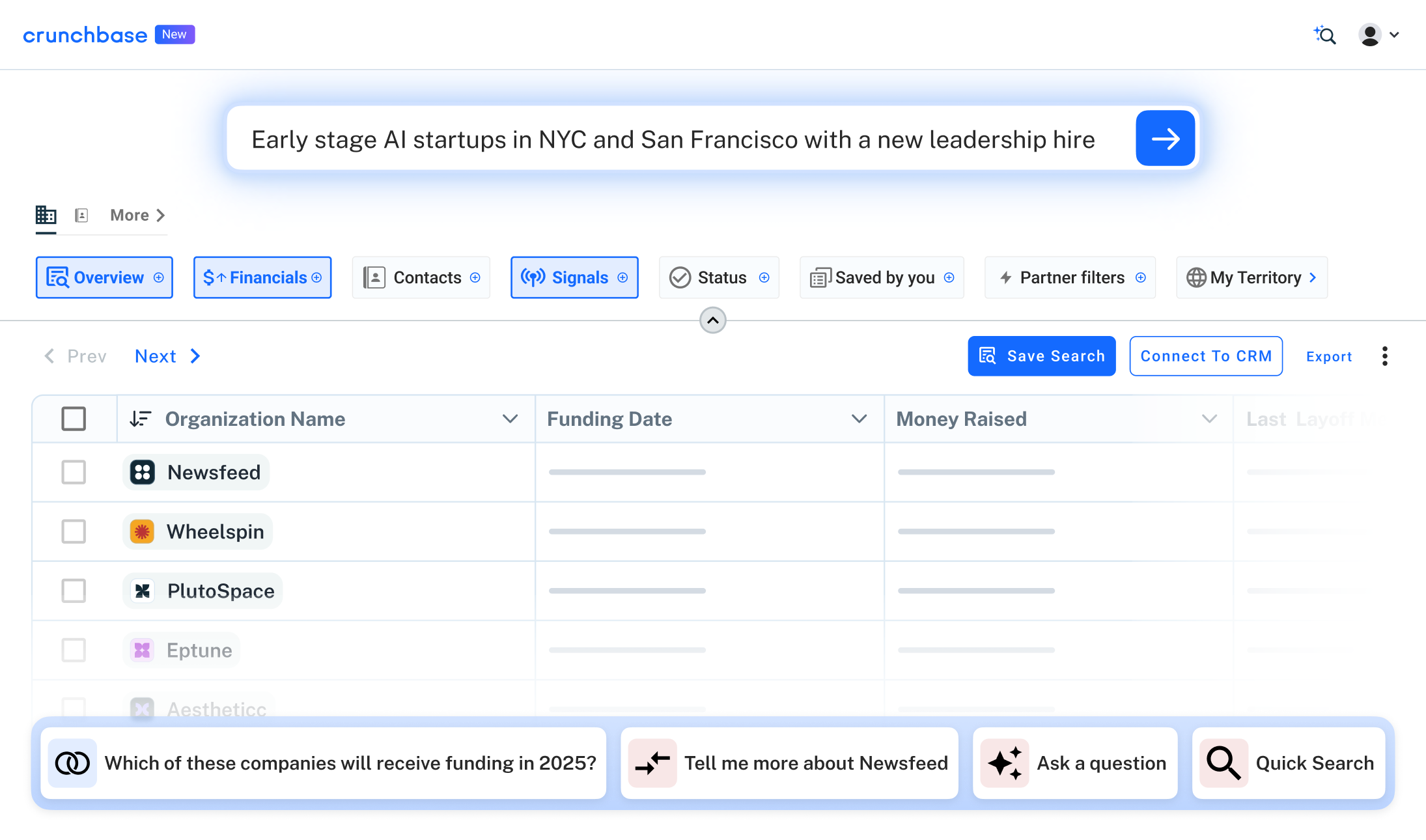Artificial intelligence, long the fascination of science fiction movies, has now emerged as a real, transformative force. Far from its fictional representations, though, it actually has practical, useful and beneficial day-to-day applications in sales.
Sales teams are already seeing AI streamline workflows, coach reps, optimize sales prospecting strategies and more. Businesses are in the process of determining how to use these capabilities for maximizing sales team productivity, making intelligent business decisions and growing their revenue.
In this guide, we explore the rapidly growing applications of AI for sales – including its benefits, use cases and popular tools.
What is AI in sales?
AI in sales is the use of artificial intelligence to simplify, optimize and improve sales processes. This can be done with a range of different AI technologies, including predictive analytics, natural language processing tools and chatbots. Ultimately, these technologies help sales teams analyze data, predict sales trends, personalize customer interactions and automate routine tasks.
As a whole, the use of AI for sales represents a shift in how sales teams approach the prospecting process from start to finish. By incorporating advanced algorithms and AI-driven insights into their approach, they can more easily identify prospects that match their ICPs, act quickly on new opportunities and ultimately close more deals.
The need for automation in sales
You may already be familiar with the challenges sales teams grapple with everyday: tedious research, time-consuming outreach, discouraging rejections and more. While some challenges will always be part of the job, AI in sales addresses the most pressing roadblocks in a few different ways.
First, artificial intelligence gives time back to reps by letting them focus on high-value activities such as building relationships with clients. This lets reps focus on the most important parts of their job, while AI sales tools handle repetitive tasks like manual research and data entry.
Second, sales AI provides insights and analysis on data and recommends strategic next steps. This empowers reps to act quickly on new opportunities, such as a new funding round, and adapt to shifting industry trends.
Benefits of AI for sales
Here are just some of the benefits sales teams gain from using AI:
- Enhanced lead generation: Artificial intelligence can analyze vast datasets to identify promising prospects and prioritize them for outreach, helping sales reps target the right prospects at the right time.
- Improved customer insights: AI-driven analytics provide data-driven insights into customer needs and buying behavior, which reps can harness for more personalized and targeted sales approaches.
- Streamlined workflow: AI-powered sales intelligence platforms handle repetitive tasks such as data entry, scheduling and outreach, which frees up time for sales representatives to nurture customers and close deals.
- Real-time customer engagement: AI-driven chatbots and virtual assistants provide instant support and answer queries so that sales teams can focus on the more critical task of converting prospects and closing deals.
- Personalized sales enablement: Artificial intelligence platforms can offer real-time feedback to sales reps on calls, advising them on what to say in order to close the deal. Likewise, AI-powered sales enablement tools can quickly suggest helpful content reps can use for engaging and converting buyers.
- Accurate sales forecasting: AI analyzes historical data and market trends to generate more accurate sales forecasts, enabling businesses to allocate their resources efficiently and capitalize on emerging opportunities.
How to use AI for sales
Now that you know the benefits of AI in sales, how do you apply it to you and your team’s day-to-day work? Here are ten ways you can use it to achieve success:
- Predict customer behavior
- Personalize your outreach
- Engage with prospects real-time
- Minimize manual tasks
- Improve lead scoring
- Make more accurate sales forecasts
- Enhance customer segmentation
- Identify cross-selling and upselling opportunities
- Automate sales performance tracking
- Coach reps in real-time
1. Predict customer behavior
Imagine you could predict a customer’s next move based on their past buying behavior, financial resources, and other data and behavioral patterns. AI-driven predictive analytics can do just that, offering insights based on historical data and making predictions that inform your sales strategy. This strategic insight tells you exactly which prospects to go after first, and enhances the likelihood of closing the deal.
2. Personalize your outreach
We all know that personalized and targeted sales messages are far more effective than cookie cutter copy-and-pasted emails. In practice, though, it’s time-consuming for reps to dig for information and then create perfectly crafted emails for each individual prospect. AI sales tools can solve this problem by doing this automatically, surfacing the right data and creating customizable templates for sales teams to build on. The result is efficient, targeted outreach and less time wasted for reps.
3. Engage with prospects real-time
AI-powered chatbots can support salespeople by providing real-time customer interaction, addressing inquiries and concerns, and sharing detailed product information. By providing immediate customer assistance and support, both on and off regular working hours, these tools can enhance customer satisfaction and foster long-term loyalty.
4. Minimize manual tasks
The feeling of having a long to-do list – and then not getting through it because of tedious, manual tasks – is all too familiar. AI can be used not only to send personalized, automated emails, but also to automate other tasks like research, data entry, lead prioritization and follow-ups. With a reduced manual workload, sales representatives can allocate more time to the most important items on their to-do list: making sales and driving revenue growth. This is a particularly beneficial use case of AI for small businesses, or for small startups with fewer resources.
5. Improve lead scoring
AI in sales can use advanced algorithms to analyze vast datasets and identify key indicators of lead quality and likelihood to convert. By incorporating various data points such as demographic information, online behavior and trigger events, AI-powered lead scoring models can prioritize leads based on their potential value to the organization. This enables sales teams to focus their efforts on leads with the highest probability of conversion, increasing efficiency and maximizing ROI. Additionally, AI continuously learns and adapts based on feedback and outcomes, refining lead scoring models over time to ensure accuracy and effectiveness.
6. Make more accurate sales forecasts
AI in sales can generate more precise forecasts by analyzing historical data and market trends. This helps businesses make informed decisions, allocate resources effectively and capitalize on emerging opportunities. Not only does this enhance overall sales performance and revenue growth, but it also reduces the risk of underperformance or missed targets.
7. Enhance customer segmentation
Segmentation is vitally important for driving customers through the marketing and sales funnel, and AI makes the segmentation process faster, easier and more accurate. Artificial intelligence can use algorithms to automatically segment customers based on key data points, such as behavior, needs, preferences and buying patterns. This helps sales teams tailor their approaches to better meet the needs of each group, ultimately improving conversion rates and customer satisfaction.
8. Identify cross-selling and upselling opportunities
AI-powered analytics not only surface the right prospects, but they can also identify cross-selling and upselling opportunities within an existing customer base. AI, for example, might share recommendations based on the purchase history and growth patterns of specific customers – and then sales teams can act on these suggestions by offering complementary or upgraded products.
9. Automate sales performance tracking
Just as sales automation software gathers data about customer behavior, it can also analyze rep performance against team KPIs. By using AI to monitor key performance indicators in real-time, sales managers can quickly identify areas for improvement, provide timely feedback to sales representatives and optimize the team’s strategy to achieve sales targets more efficiently.
10. Coach reps in real-time
Artificial intelligence can also be used for sales enablement – offering reps access to personalized content recommendations, coaching them in their sales approach and more. This empowers them to deliver more impactful presentations, address customer needs effectively, drive meaningful conversations with prospects, and adapt their sales strategy in real-time.
AI sales tools
Leveraging the right AI tools help you achieve some of these benefits. Depending on your business’s needs, you can use these kinds of tools to gain actionable insights, get personalized prospecting recommendations, enhance team productivity or accelerate the sales cycle. Here are three examples of AI sales tools:
1. Crunchbase
Crunchbase is an AI-powered platform that helps over 75 million dealmakers discover and prioritize the right opportunities using best-in-class company data. The platform’s robust dataset – including funding, leadership hires and other buy signals – gives salespeople insight into prospective customers and helps them act quickly on new opportunities. Crunchbase also uses AI algorithms to surface personalized recommendations and company insights, enabling teams to prioritize their prospects and conduct strategic, targeted outreach.

2. Gong
Gong is an AI-powered sales intelligence tool designed to enhance sales performance and customer interactions. Using machine learning algorithms, Gong analyzes sales conversations, emails and meetings to provide insights into customer sentiments, objections and buying signals. Sales teams can use Gong’s actionable insights to refine their sales pitches, adapt to customer calls real-time and ultimately close more deals.
3. Highspot
Highspot is a sales enablement platform that leverages AI to empower sales teams with the right content and guidance at every stage of the sales cycle. Through AI-driven content recommendations and analytics, Highspot helps sales professionals discover relevant content, personalize presentations and track customer engagement. By centralizing content management and providing real-time insights, Highspot enables sales teams to deliver impactful pitches and drive meaningful conversations with prospects.
Will AI replace sales jobs?
The integration of AI in sales has sparked discussions about the potential impact on jobs within the industry. However, it’s a misconception that artificial intelligence tools will replace real, human sellers. Sales AI isn’t replacing reps but is instead transforming their day-to-day work, giving them tools they can use for more strategic insights and speeding up their workflow by handling repetitive or data-intensive tasks. Sales professionals remain fundamental to company success; they’re essential for strategic, high-value activities such as building relationships, establishing customer trust, negotiating strategically and making complex decisions.
The future of AI in sales
Sales, just like other industries, is already recognizing the role automation plays in enhancing performance. In the not-so-far future, more and more sales teams will adopt AI-driven tools, and the role of SDRs and AEs will be to leverage these tools to gain better insights into their customers, make predictions about the market and improve their sales strategies. Artificial intelligence has so many benefits for sales – and there may be more to come that we have yet to imagine.
.svg)





.png)

